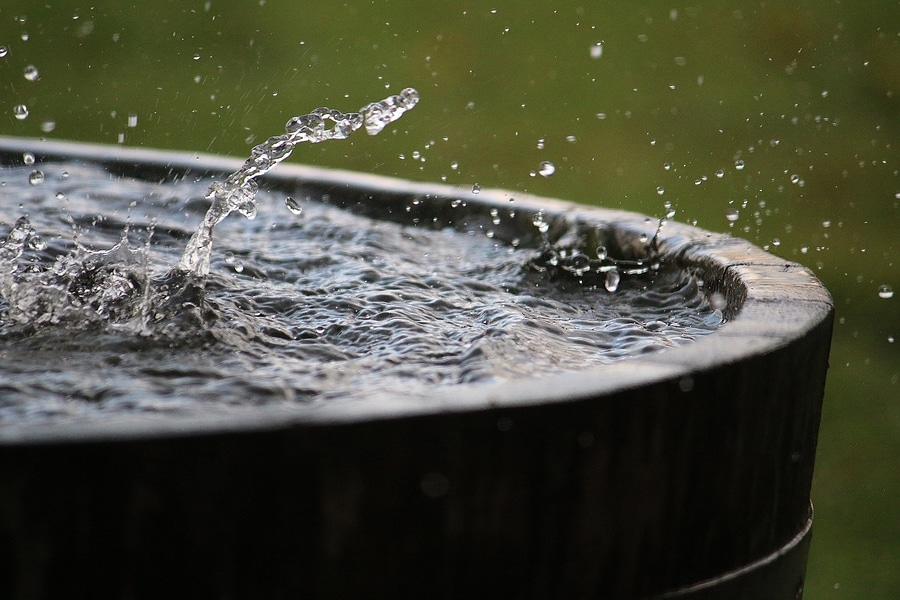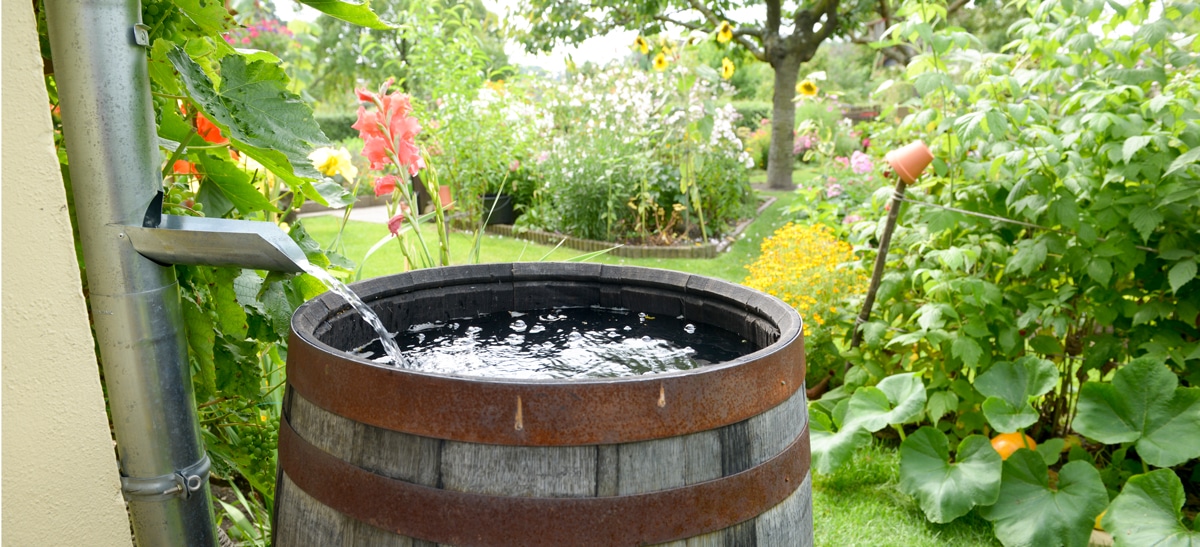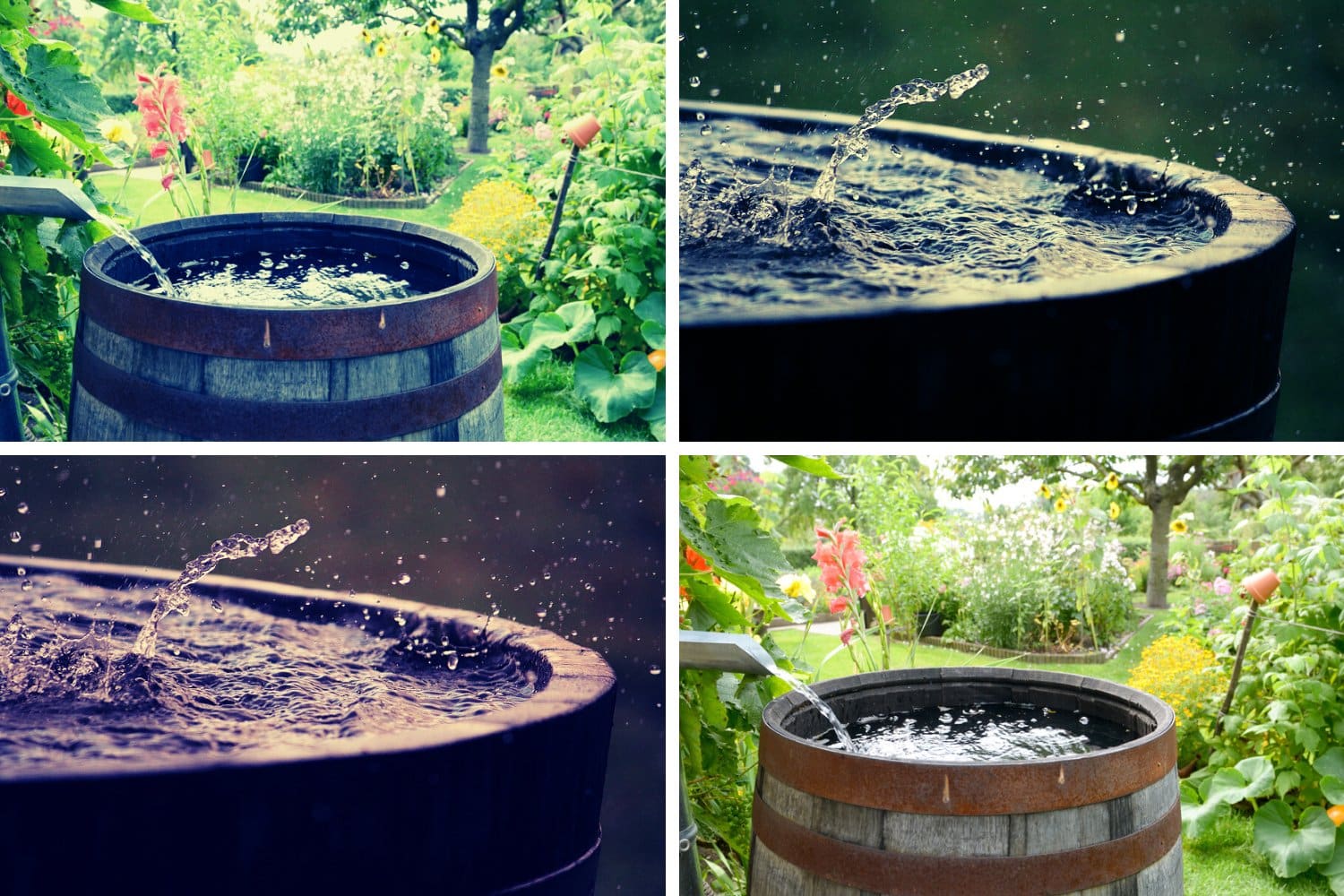Are you concerned about the sustainability of your home and looking for ways to reduce your water consumption? Rainwater harvesting can be incredibly beneficial for homeowners who want to become more eco-friendly. Not only will collecting rainwater help conserve resources, but it also has many practical applications in the garden or around the house. In this blog post, we’ll explore all the advantages of collecting and utilizing rainwater – from how much money you could save to improved health benefits – so stick with us if you want to learn more.
1. Saving Money

Rainwater harvesting is an excellent way to save money on water bills and reduce your reliance on a public water supply. Since rainwater is free and can be collected easily, it’s often much cheaper than relying on municipal supplies. Using IBC Totes, you can store large amounts of harvested rainwater and minimize the amount of water you consume from a public source. The money you save can be put back into your home or garden.
In addition to the obvious financial benefits of using rainwater for potable (drinking) purposes, it can also be used for non-potable uses around the home or garden. For example, rainwater collected in IBC Totes can easily be diverted to outdoor plants and flower beds to provide much-needed hydration during dry months.
2. Improved Health Benefits
The quality of rainwater is typically very good for uses such as gardening, washing, and cleaning since it hasn’t been treated with any chemicals or other pollutants like tap water can be. This makes it a much healthier option for all your home projects and activities and can even lead to improved plant health in the garden.
Rainwater tastes great too, and can be used for drinking with the proper filtration. This eliminates the need to purchase expensive bottled water for drinking while eliminating potential health risks associated with toxins in tap water.
3. Reduced Environmental Impact
Every drop of rainwater collected helps reduce the strain on public water sources, especially during drought or water shortages. For instance, restrictions have been placed in some areas to limit water usage for certain activities, such as lawn watering.
- By collecting and reusing rainwater, you can help reduce your ecological footprint and do your part to conserve resources.
- Rainwater harvesting helps preserve precious groundwater supplies, which are becoming increasingly scarce in many parts of the world due to over pumping and drought.
- Collecting rainwater also reduces the strain on public water sources, preventing the water from running off and being wasted.
4. Increased Self-Sufficiency
Collecting rainwater can make you more self-sufficient and better prepared for a natural disaster or other emergency. With a reusable container full of stored rainwater, you won’t have to worry about having access to clean water if there’s a power outage or other interruption in service.
You can also use rainwater to irrigate crops in a drought or if you’re growing food for self-sustainability. This can help you become more independent and reduce reliance on public utilities while achieving greater sustainability goals.
5. Improved Gardening

Rainwater is naturally pollutants-free, making it ideal for use in the garden. This can contribute to healthier plants and better yields, as rainwater won’t contain chemicals or other additives that could harm your plants. Plants and flowers especially benefit from rainwater, as it provides essential nutrients to grow healthy and strong.
Rainwater can also be used for irrigation, which helps keep the soil moist and prevents too much water from running off. This means your plants will get the hydration they need while reducing the tap water in your garden. Since rainwater is often slightly acidic, it can help lower the soil’s pH balance and make it more suitable for certain plants that require acidic soil. This can also help you save money on fertilizers and other additives, as you won’t need to purchase them to maintain the health of your garden.
6. Easier To Collect
Collecting rainwater requires no special equipment and can be done with minimal effort. All you need is a few reusable containers for storing the water and some sort of capture device, such as a barrel or tarp, to collect it in. Rainwater collection systems can also be installed to make the process even simpler.
You can also use a rainwater collection system to divert the water away from your home’s foundation, which can help prevent basement flooding and other water-related damage. This can be especially helpful during heavy rainfall or storms with an increased risk of flooding.
Conclusion
As you can see, collecting and using rainwater has many benefits for homeowners. From saving money to protecting the environment, rainwater harvesting is an excellent way to become more sustainable and conserve precious resources. So if you’re looking for ways to reduce your water consumption and become more eco-friendly, consider collecting rainwater for your home or garden.






